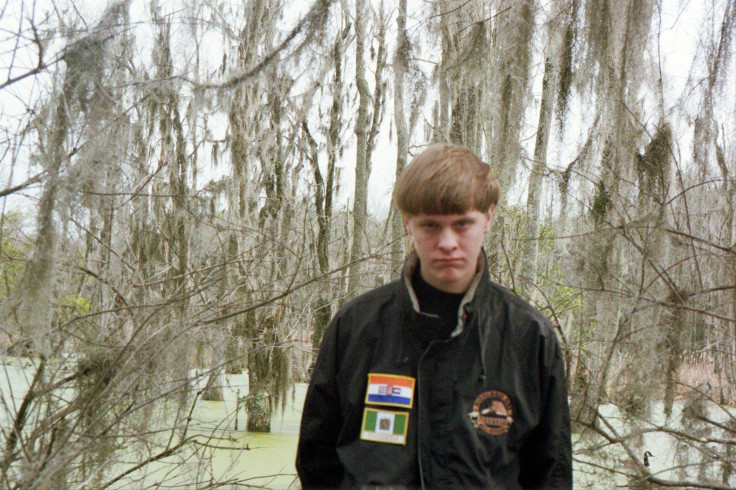Dylann Roof Death Penalty? How Hate Crimes Are Prosecuted And Why The Label Matters

What is next for Dylann Roof, the man suspected of killing nine people at a historic black church in Charleston, South Carolina Wednesday night? Even before Roof, 21, was arrested Thursday in North Carolina, 250 miles away from the crime scene, federal officials said the shooting would be investigated as a hate crime. Here’s what that means legally and where the true impact of such labeling lies.
South Carolina is one of five states that lacks a hate crimes law. However, because a federal hate crime law that expanded in 2009, federal authorities can investigate and prosecute hate crimes in any state, regardless of their laws.
“There is no doubt in my mind that this is a hate crime,” Charleston Police Chief Greg Mullen said, the Post and Courier reported. Before killing six women and three men at the church Wednesday night, the gunman said he was there “to shoot black people,” witnesses said, CNN reported. Another witness reported that the gunman said, “You rape our women and you're taking over our country. And you have to go."
A hate crime is one that is committed with “evidence of prejudice based on race, gender or gender identity, religion, disability, sexual orientation, or ethnicity," according to the Hate Crime Statistics Act. The crime can be “murder, non-negligent manslaughter; forcible rape; aggravated assault, simple assault, intimidation; arson; and destruction, damage or vandalism of property.”
In order for an act to be prosecuted as a hate crime, evidence of bias, prejudice or hatred as motivation for the crime has to be evident, explained Jack Levin, co-director of the Brudnick Center on Violence and Conflict and a professor emeritus at Northeastern University. In the case of the South Carolina shooting, the gunman’s “purpose was explicit by his own words, and therefore it doesn’t leave a lot to the imagination as to whether this is a hate crime or not.”
Labeling an act as a hate crime will usually stiffen the punishment for that crime, such as by lengthening a prison sentence. But with nine people killed, labeling the massacre in Charleston as a hate crime was unlikely to significantly change the level of punishment. “When you kill nine people, in South Carolina, there’s very little doubt about what the penalty is going to be,” Levin said. Because Roof could face the death penalty or life in prison, it would be difficult to toughen the punishment further.
“However, that doesn’t mean that they shouldn’t charge him with a hate crime. Hate crime laws have a symbolic value,” Levin said. “Hate crime laws send a message to potential victims everywhere that we have not forgotten about them, that we will no longer tolerate intolerance.”
© Copyright IBTimes 2024. All rights reserved.






















